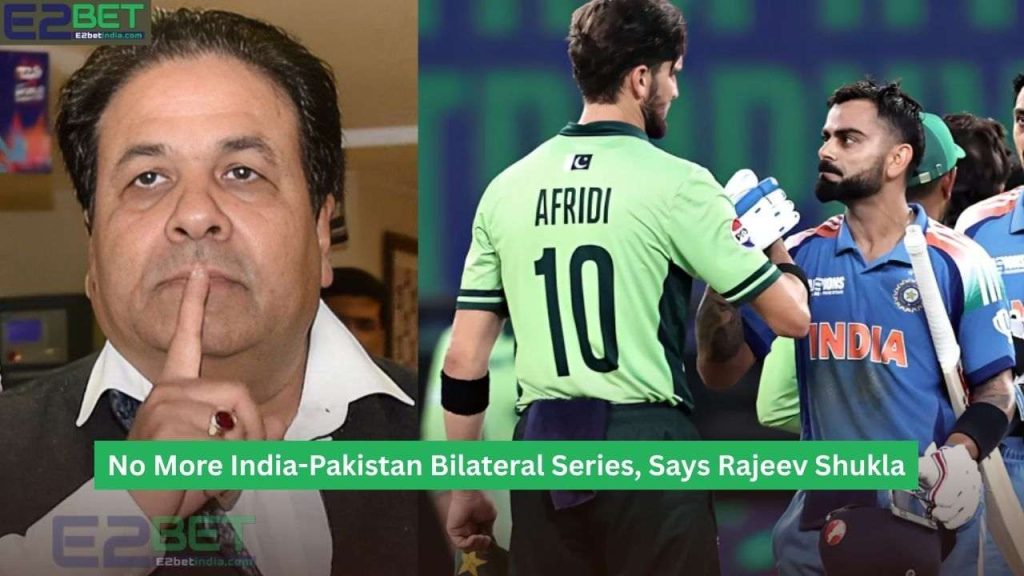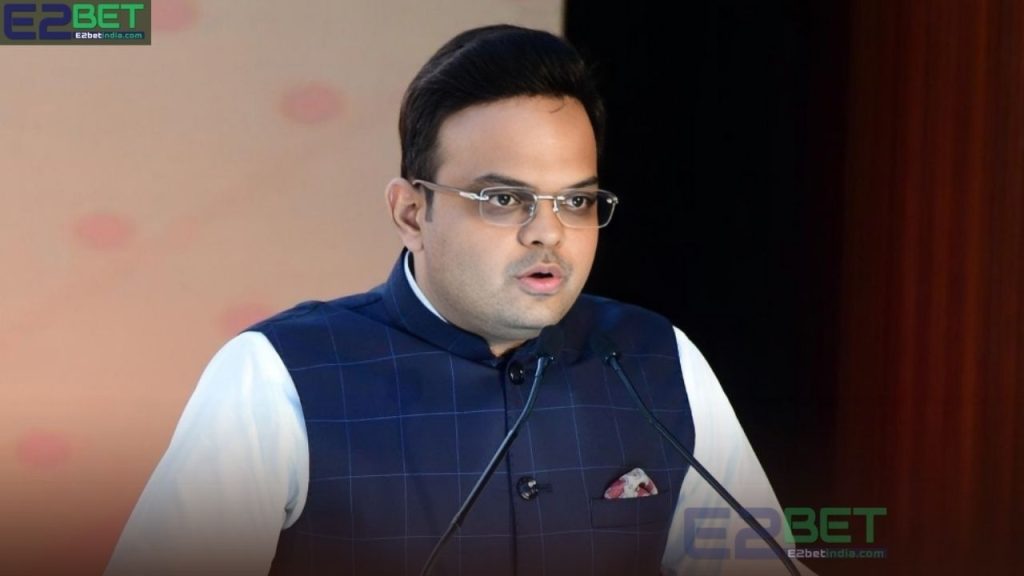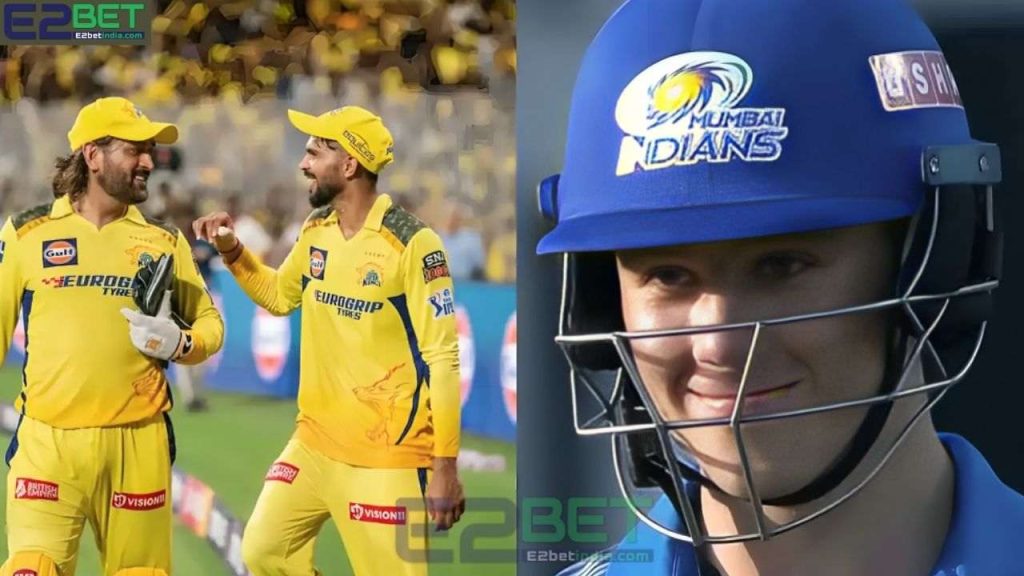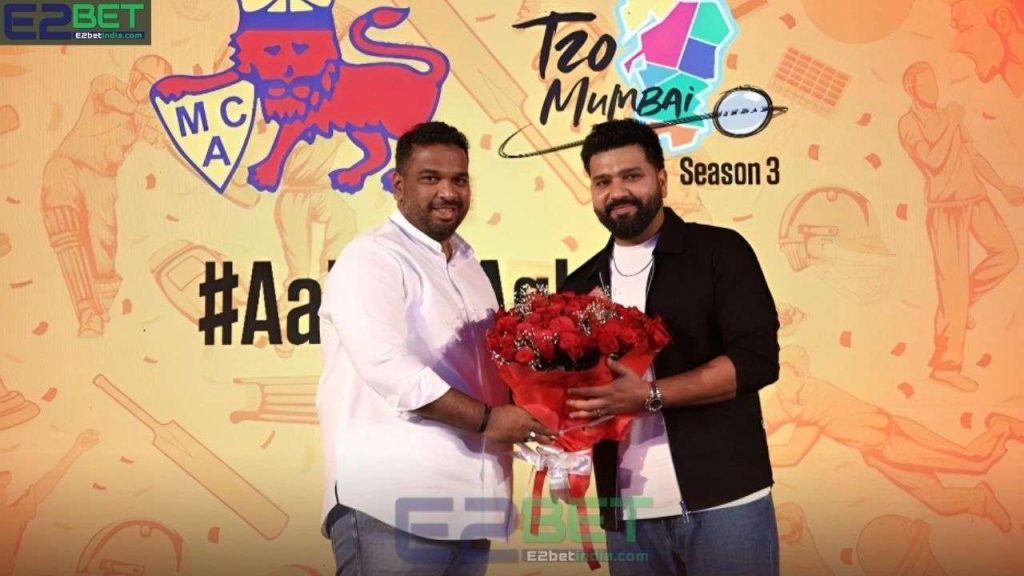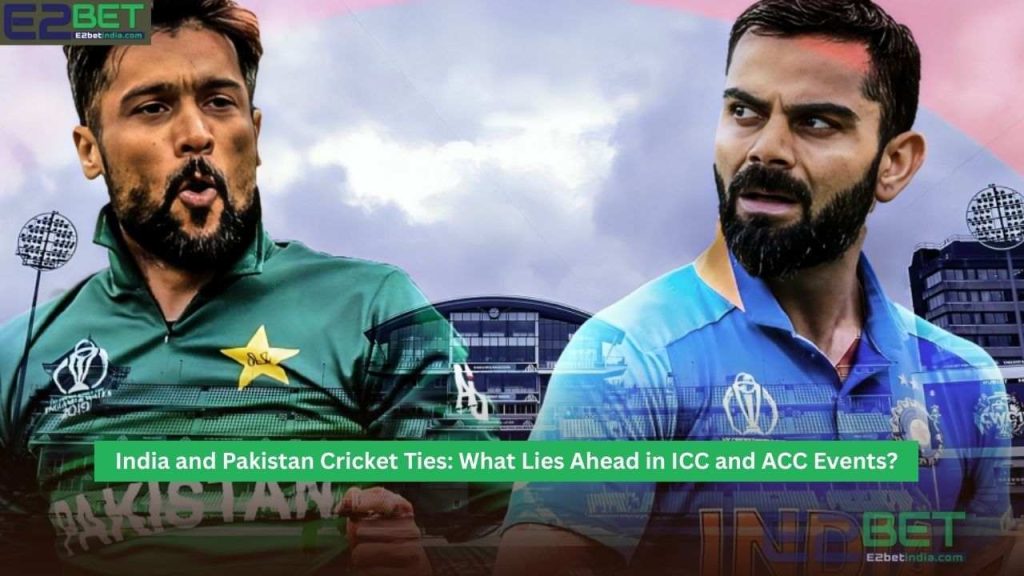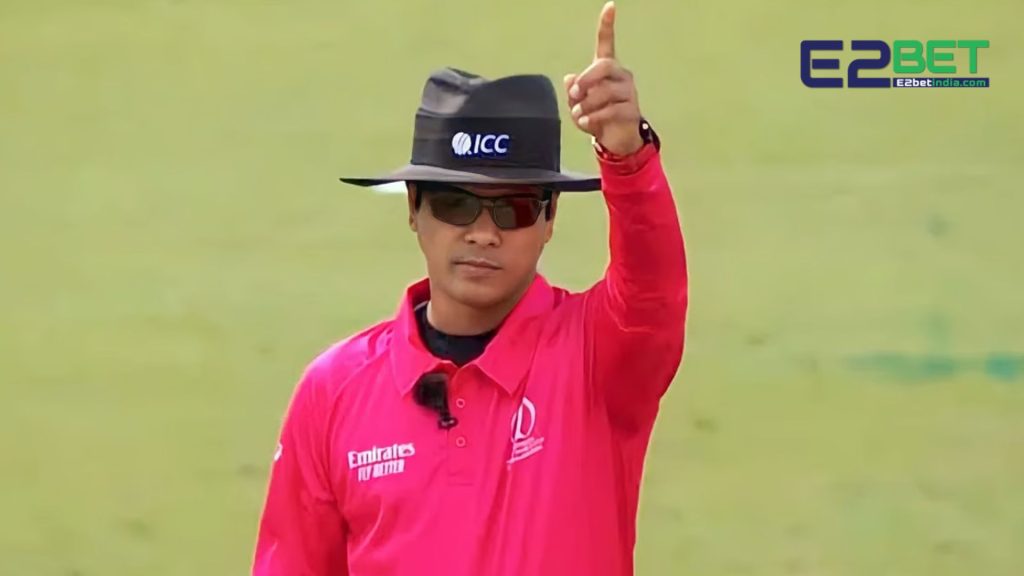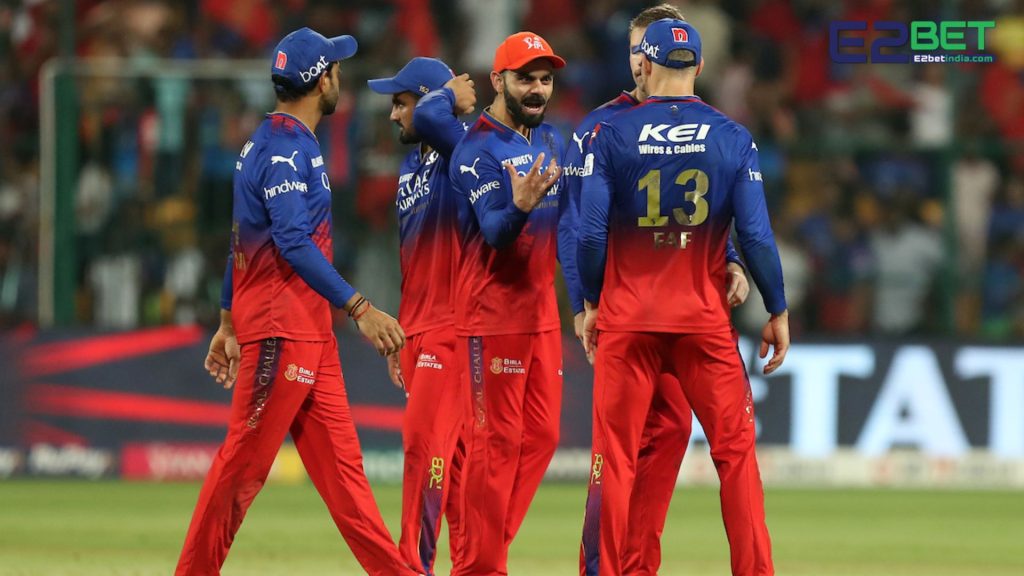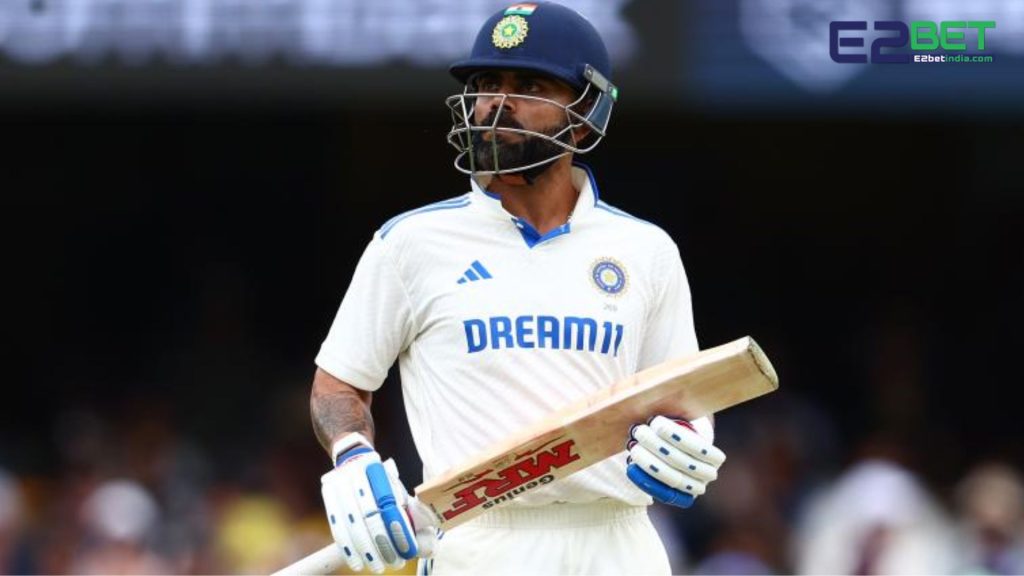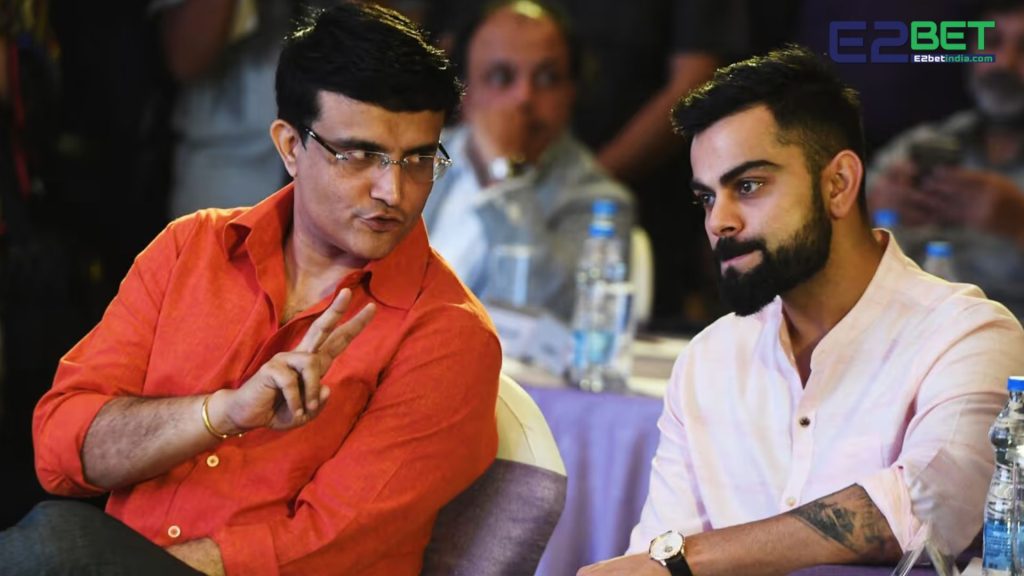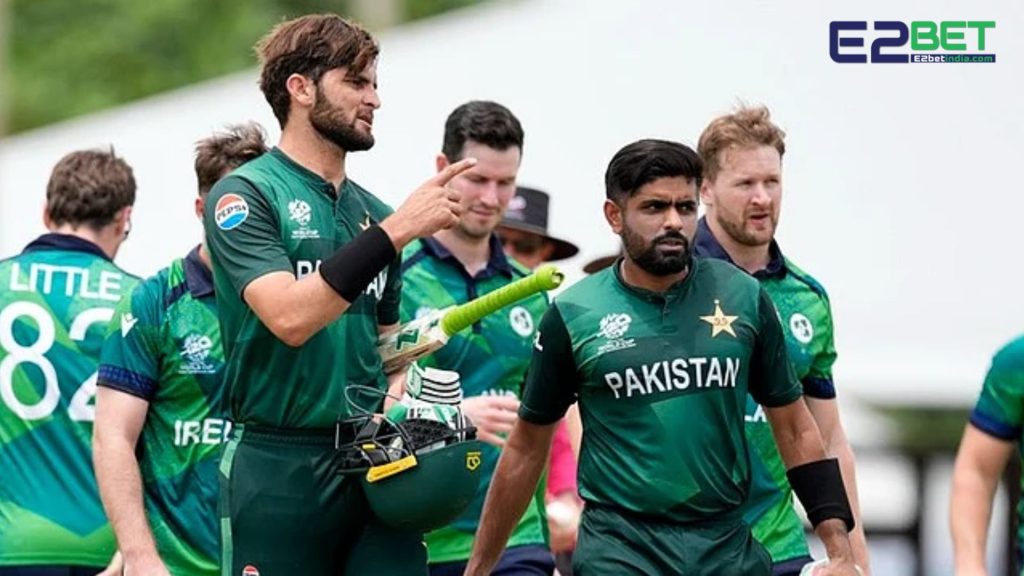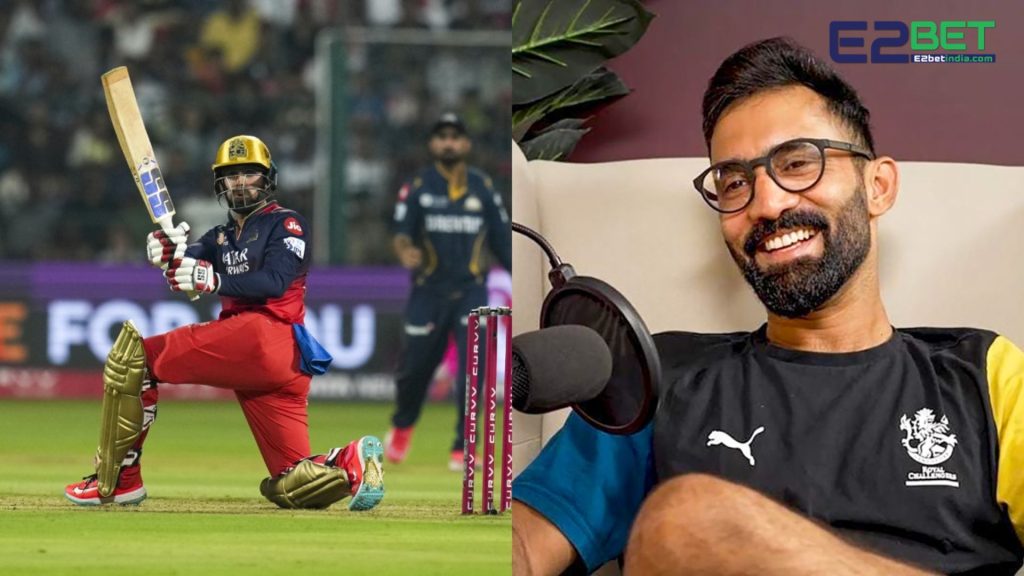No More India-Pakistan Bilateral Series: India’s cricketing ties with Pakistan have once again come under a sharp spotlight following the heartbreaking terror attack in Pahalgam, South Kashmir. In the wake of this national tragedy, BCCI Vice President Rajeev Shukla has reaffirmed that India will not engage in any bilateral cricket series with Pakistan, citing both government policy and the emotional state of the nation.
The April 22 attack left the country in shock, as gunmen opened fire in Baisaran, a picturesque meadow in Pahalgam, killing at least 26 civilians and injuring over 20 others. The brutal act of violence was immediately condemned across all spheres of society, with political leaders, celebrities, and sports figures uniting in their grief and outrage. The impact of the incident has echoed far beyond Kashmir, touching every Indian household and triggering calls for decisive responses on multiple fronts — including cricket diplomacy.
Cricket, often regarded as a bridge between India and Pakistan, has become a symbolic battleground whenever tensions flare. And in times like these, the sentiments of the people hold immense weight.
No More India-Pakistan Bilateral Series: BCCI Backs National Sentiment After Pahalgam Attack
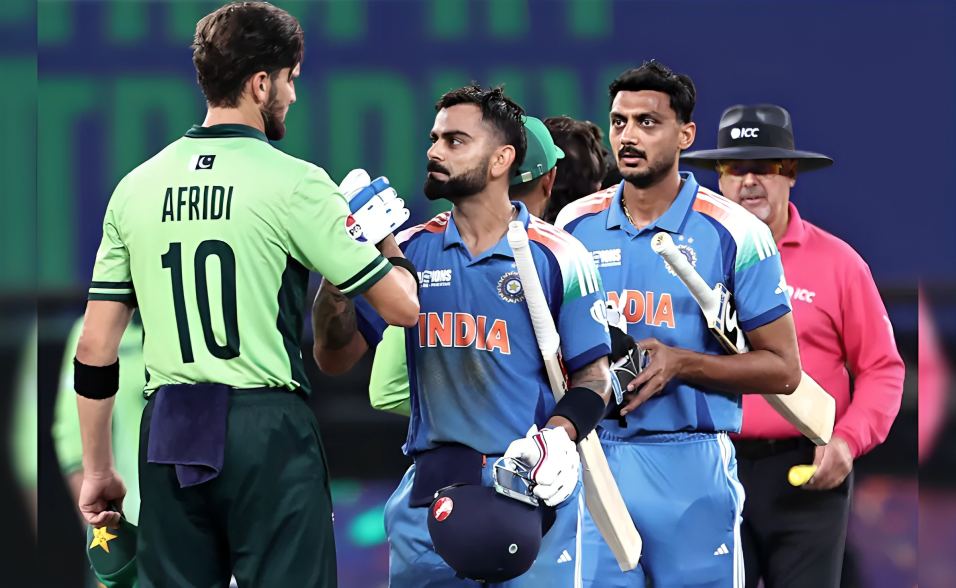
Speaking to Sports Tak, Rajeev Shukla expressed both sorrow over the incident and clarity on BCCI’s position. He reiterated that the decision to not play any bilateral cricket series with Pakistan was driven by the Indian government’s stance, and that the BCCI has always aligned itself accordingly.
“We are with the victims and we condemn it. Whatever our government will say, we will do. We don’t play bilateral series with Pakistan because of the government’s stand. And we will not play with Pakistan in bilaterals going forward,” Shukla firmly stated.
However, he clarified that when it comes to ICC tournaments, the situation is different. “In ICC events, we play because of the obligations and structure of the ICC. Even they are aware of the situation,” he added, indicating that multilateral global tournaments operate under different agreements.
This statement reinforces the long-standing position India has maintained since 2008, after the Mumbai terror attacks. Since then, India and Pakistan have only faced each other in Asia Cup and ICC tournaments, avoiding any bilateral Test or limited-overs series.
Devajit Saikia, the BCCI secretary, echoed Shukla’s sentiments, offering heartfelt condolences and acknowledging the deep emotional toll the Pahalgam attack has had on the cricketing community.
“The cricketing community is deeply shocked and anguished by the tragic loss of innocent lives in the gruesome terror attack at Pahalgam. On behalf of the BCCI, while condemning this ghastly and cowardly act in the strongest possible words, I extend our heartfelt condolences to the bereaved families,” Saikia said.
In solidarity with the victims, the BCCI has announced special tributes during the IPL 2025 fixture between the Mumbai Indians and Sunrisers Hyderabad, held on April 23 at the Rajiv Gandhi International Stadium. The game will be preceded by a minute of silence, and players and officials from both teams will wear black armbands as a mark of respect.
The BCCI has also cancelled all celebratory elements related to the match, including fireworks and cheerleader performances, turning the event into a moment of remembrance rather than entertainment. “It’s the least we can do in their memory,” a BCCI official said.
This moment of collective mourning reflects not just the sensitivity of the sport’s administrators but also the profound role cricket plays in national consciousness. In times of crisis, cricket often becomes a platform to channel collective grief, unity, and resilience.
The larger message coming out of this incident is clear: when national security and emotional integrity are at stake, cricket takes a backseat. The Indian cricketing authorities are making it clear that there can be no sporting ties with a nation while blood is being shed on home soil.
As tensions remain high and the healing process begins for the affected families, the future of India-Pakistan cricket remains uncertain — if not sealed. One thing is certain, though: there will be no bilateral cricket between the two nations unless peace prevails.
Also Read: Rohit Sharma Feels Emotional as Wankhede Stand Named in His Honour

